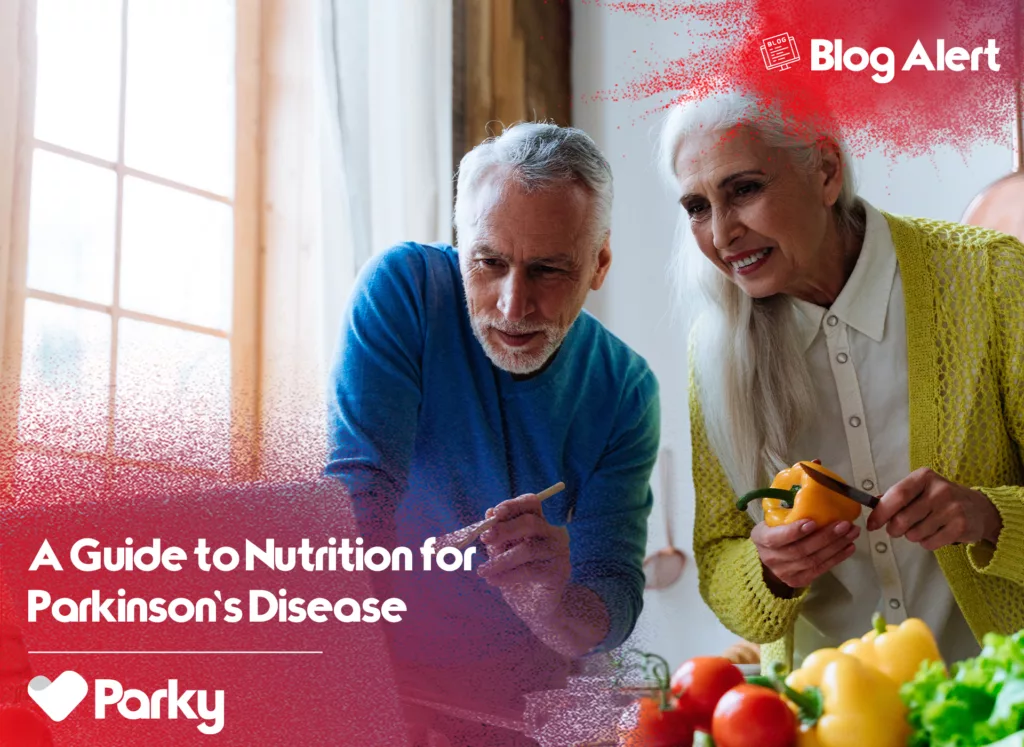
Parkinson’s Disease is a complex neurological condition that affects millions worldwide. While medical treatments are crucial, emerging research underscores the pivotal role that nutrition and diet play in managing symptoms and enhancing overall well-being.
Can diet help with Parkinson’s disease symptoms?
Yes, diet can play a significant role in managing Parkinson’s Disease symptoms. While it’s not a cure, certain dietary choices can help alleviate symptoms. There’s no one-size-fits-all approach to nutrition in Parkinson’s. However, what you eat can significantly influence how well your medication works. It can also ease non-movement symptoms like constipation or low blood pressure. In essence, the foods you choose become powerful allies in your management strategy.
Understanding How Diet Affects Parkinson’s Disease
Focusing on a balanced approach with whole, unprocessed foods and staying hydrated can significantly contribute to managing your symptoms. Here’s how diet can affect Parkinson’s Disease:
- Constipation Management: Constipation is a frequent issue for people with PD. Fiber-rich foods like fruits, vegetables, and whole grains support regular bowel movements. Adequate hydration is also essential for preventing constipation.
- Gut Health: The latest studies suggest a strong connection between gut health and Parkinson’s Disease. The gut microbiome plays a crucial role in regulating inflammation, producing neurotransmitters, and influencing brain health through the gut-brain axis. Consuming a diet high in fiber, probiotics, and prebiotics can sustain a healthy gut microbiome.
- Brain Health: Consuming a diet rich in nutrients, including antioxidants, vitamins, and minerals can support brain health. Research suggests that oxidative stress and inflammation play a role in the development and progression of PD. Antioxidant-rich foods and certain spices like turmeric may help protect brain cells from oxidative damage. They can reduce inflammation, potentially slowing disease progression.
- Low Blood Pressure: Low blood pressure can lead to dizziness, lightheadedness, and even fainting. Dehydration is a major culprit behind low blood pressure. Aim for 6-8 glasses of water throughout the day. Opt for smaller, more frequent meals throughout the day instead of three large meals. This helps maintain steadier blood sugar levels. Including fiber-rich carbohydrates in your diet can slow down digestion, preventing blood sugar spikes and crashes.
Foods You Should Eat
- Antioxidant-Rich Foods: Antioxidant-rich foods help combat oxidative stress and inflammation. These foods can support brain health and mitigate neurodegeneration.
- Dark leafy greens (spinach, kale, Swiss chard)
- Citrus fruits (oranges, lemons, grapefruits)
- Nuts and seeds (almonds, walnuts, flaxseeds, chia seeds)
- Fiber-Rich Foods: Fiber-rich foods support digestive health and can help alleviate constipation.
- Whole grains (oats, brown rice, quinoa, barley)
- Fruits (apples, pears, berries, bananas)
- Vegetables (broccoli, Brussels sprouts, carrots, sweet potatoes)
- Legumes (beans, lentils, chickpeas)
- Vitamin D-Rich Foods: Low vitamin D levels are common among individuals with PD. Increasing them may improve mood, cognition, and behavior, while potentially preventing symptom worsening.
- Seafood (salmon, mackerel, tuna)
- Fortified dairy products (milk, yogurt, cheese)
- Egg
Foods You Should Avoid
In Parkinson’s Disease, certain foods may exacerbate symptoms or interfere with medication effectiveness. Here’s a list of foods to avoid:
- High-Fat Foods: High-fat foods, particularly those rich in saturated and trans fats, can interfere with medication absorption, especially levodopa. Avoid excessive consumption of;
- fried foods,
- processed meats,
- butter, margarine,
- full-fat dairy products
- Excessive Protein: While protein is an essential nutrient, large protein meals can interfere with the absorption of levodopa. Instead, spread protein intake throughout the day with smaller, more frequent meals.
- Foods that Challenge Chewing: In PD, individuals may experience difficulties with chewing and swallowing, known as dysphagia. Foods that are hard to chew can increase the risk of choking and aspiration. Therefore, it’s important to modify the texture of foods as needed.
- Opt for tender cuts of meat, cooked vegetables, and soft fruits.
- Slice or dice foods into manageable portions.
- Add sauces, gravies, or liquids to moisten dry foods and make them easier to chew and swallow.
Insights from a Metabolic Neurologist Dr Matthew Phillips
From Mediterranean to ketogenic, there exists a spectrum of diet types purported to aid in symptom management. They also have the potential to slow the progression of Parkinson’s Disease. The effectiveness of a diet for an individual’s well-being depends on their unique needs and circumstances. In this video, Dr Matthew Phillips talks about metabolic strategies, particularly fasting and ketogenic diets. Dr Phillips is a distinguished clinical and research neurologist who specializes in metabolic neurology. He believes that certain diet types can be potential therapies for neurological disorders like Parkinson’s Disease.
Working Together: Your Healthcare Team and Dietary Choices for Parkinson’s In managing Parkinson’s Disease, collaboration between individuals and their healthcare team is crucial. Your healthcare team, comprising neurologists, dietitians, and other specialists, can offer valuable guidance and support. By working together, individuals can tailor dietary choices to their specific needs and preferences. Before taking action and deciding on your diet, it’s important to consult with a healthcare team.





